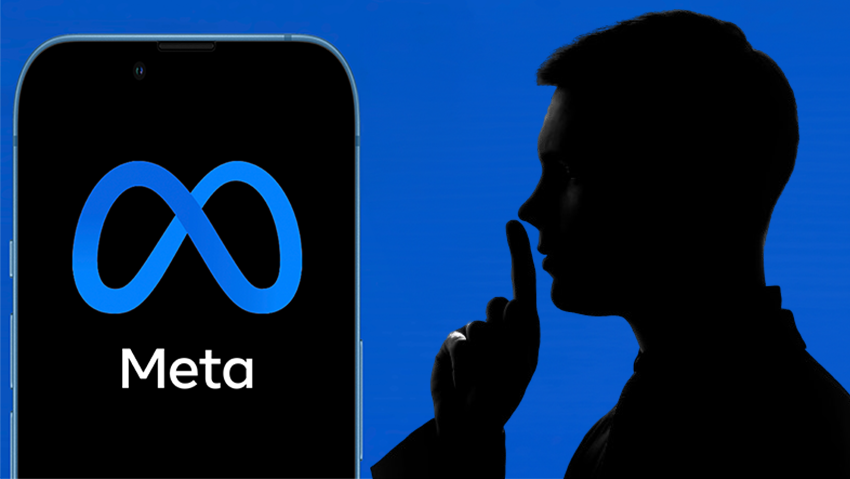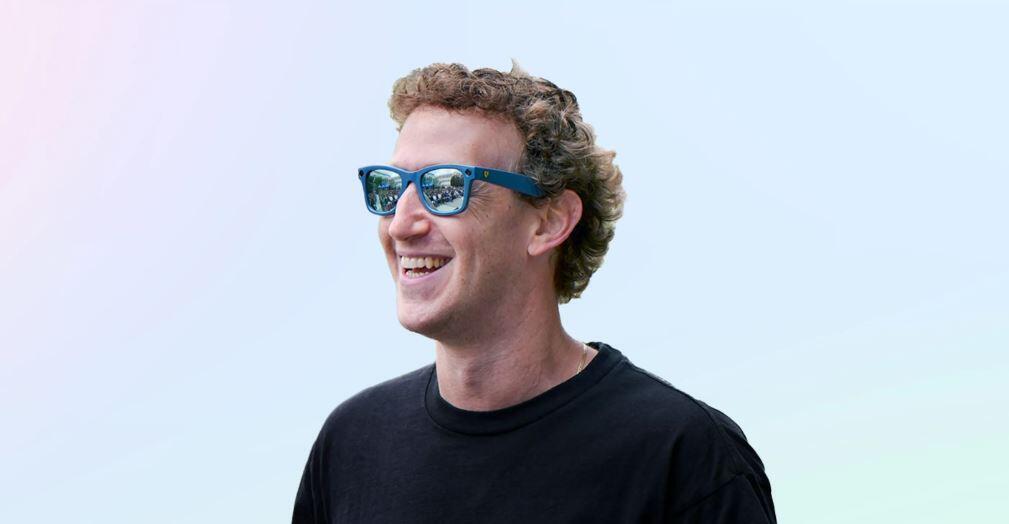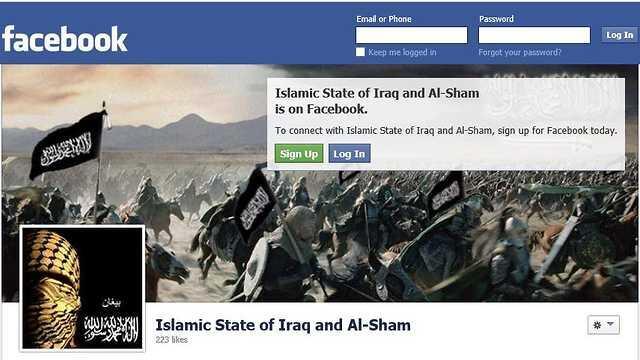Getting your Trinity Audio player ready...
Mark Zuckerberg published a video on Tuesday, announcing that the company's fact-checking system used to combat fake news and remove toxic content is being canceled. The dramatic move follows warming relations between Zuckerberg and President-elect Donald Trump.
The two dined together at Mar-a-Lago, Trump's private club in Florida, and Meta even donated $ 1 million to Trump's inauguration fund. In addition, Zuckerberg appointed Dana White, president of the UFC and an ardent Trump supporter, as one of three new members of Meta's board of directors. Is this a coincidence? Probably not.
In the video he posted, Zuckerberg said: "We've reached a point where it's just too many mistakes and too much censorship. It's time to get back to our roots around free expression."
The decision raises many questions. Is Meta abdicating its responsibility to prevent the spread of false information and offensive content? Is this a cynical move designed to appease Trump and his supporters? Will Facebook and Instagram users now be exposed to a flood of fake news and propaganda?
Criticism and self-censorship
Unsurprisingly, Meta’s move has been heavily criticized by human rights organizations, journalists and politicians. Many fear that eliminating fact-checking will lead to increased hatred, violence, and polarization on social networks that already suffer from these vices on a large scale. A November 2023 study by the Anti-Defamation League found a spike in antisemitic discourse on Meta’s platforms in the month following the October 7 massacre.
Anti-Muslim hatred also increased, according to another study by the Institute for Strategic Dialogue in London during the same period. Needless to say, hate speech rose by much larger percentages on X, where there is no fact-checking system or fight against content that encourages hatred and violence.
“This is a sad day for democracy,” said a senior Democratic senator. “Meta is abandoning its users to the mercy of lies and manipulation.” Voices of protest were also heard within Meta, with many employees expressing their fear that the move would damage the company’s reputation and cause irreversible damage to true freedom of expression. However, Meta has been trying to avoid political or polarizing content and prioritize lighter content such as entertainment or health in the feed.
Escaping politics could bring politics back
The company is apparently trying to avoid the content that has caused it so many problems in the past. Just think of the Cambridge Analytica scandal, the Myanmar military junta’s use of Facebook to encourage the genocide of the Rohingya, the live broadcast of the deadly terrorist attack on the Christchurch mosque in New Zealand, or the spread of QAnon theories over the past decade.
It’s hard to know whether this move will prevent future conflicts on Facebook but Zuckerberg wants to avoid mixing politics with his business. Ironically, he uses the same politics to achieve this goal and it’s uncertain whether this will be enough. Removing the barriers from Facebook and Instagram may invite controversial content like in the past.
In addition, Meta is investing resources in developing AI systems that are apparently supposed to help manage the content on its services. VP of Community at the Israeli Internet Association, Idan Ring, and Nitzan Yasur, director of disinformation at the Internet Association, spoke with Ynet.
Get the Ynetnews app on your smartphone: Google Play: https://bit.ly/4eJ37pE | Apple App Store: https://bit.ly/3ZL7iNv
"Meta's dramatic decision to abandon the important cooperation with professional fact-checking bodies and switch to a mechanism of user comments, as has been the practice on the X network for the past year, is very disturbing and endangers the safety of information and users on Meta's platforms around the world and in Israel." Instead of insisting on safety and reliability, Meta may become a pale shadow of X. The X network under Musk has become a more extreme, violent and inciting place - and much less safe for users.




